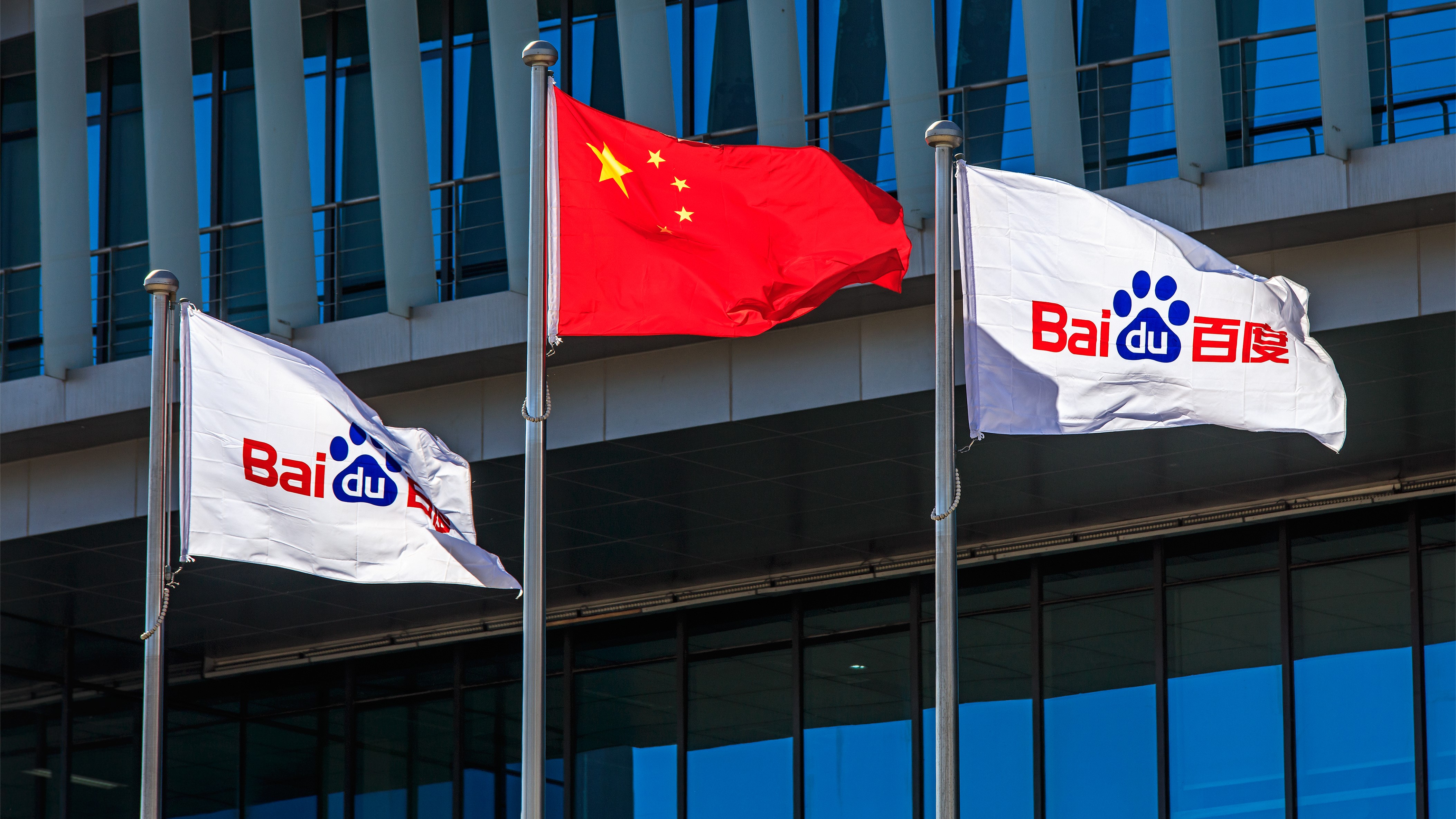
Robin Li Yanhong, the founder and CEO of Baidu, the biggest search engine in China, said that the country has too many large language models and too few practical applications. Yanhong made this announcement during a recent panel discussion at the World Artificial Intelligence Conference (WAIC) held in Shanghai, as covered by the South China Morning Post.
"In 2023, intense competition among over 100 LLMs has emerged in China, resulting in a significant waste of resources, particularly computing power," said Li. "I've noticed that many people still primarily focus on foundational models. But I want to ask: How about real-world applications? Who has benefitted from them?"
The World Intellectual Property Organization (WIPO) reported last Friday that China has outpaced the U.S. in AI patents six-to-one in the past ten years. However, WIPO data also showed that the country is falling behind in terms of citations, with the China Academy of Sciences the only one from China in the list of top 20 organizations with the most research citations.
Publicly available LLMs in China need to go through regulatory approval in China, to ensure that the Chinese Communist Party (CCP) can effectively control the Chinese people. Over 200 AI firms have applied for a license as of March 2024, with 117 getting a nod from Beijing. Having this many LLMs means that they're all fighting for a slice of the pie, and not everyone will win. Yan Junjjie, CEO of AI startup MiniMax, said that he "expects major industry consolidation in the future, with LLMs being primarily developed by just five companies."
Many large firms have started to rush in to capture the market that OpenAI will leave when its API is no longer accessible in China, from July 9. The largest tech companies — Tencent, Baidu, and Alibaba — have started offering discounts and plans to entice customers to take their products, something that smaller companies might not be able to sustain.
While competition is good for any market, too many options could also lead to decision fatigue for customers, who are simply overwhelmed by the number of services priced at similar levels. Bigger companies would likely be the winner here, as they have larger war chests that they can use to either acquire smaller competitors or run them into the ground. As Bernard Leong, CEO of Singapore-based Dorje AI said, "There's probably going to be a bloodbath of the large language models and I suspect that there's probably going to be very few players left."







